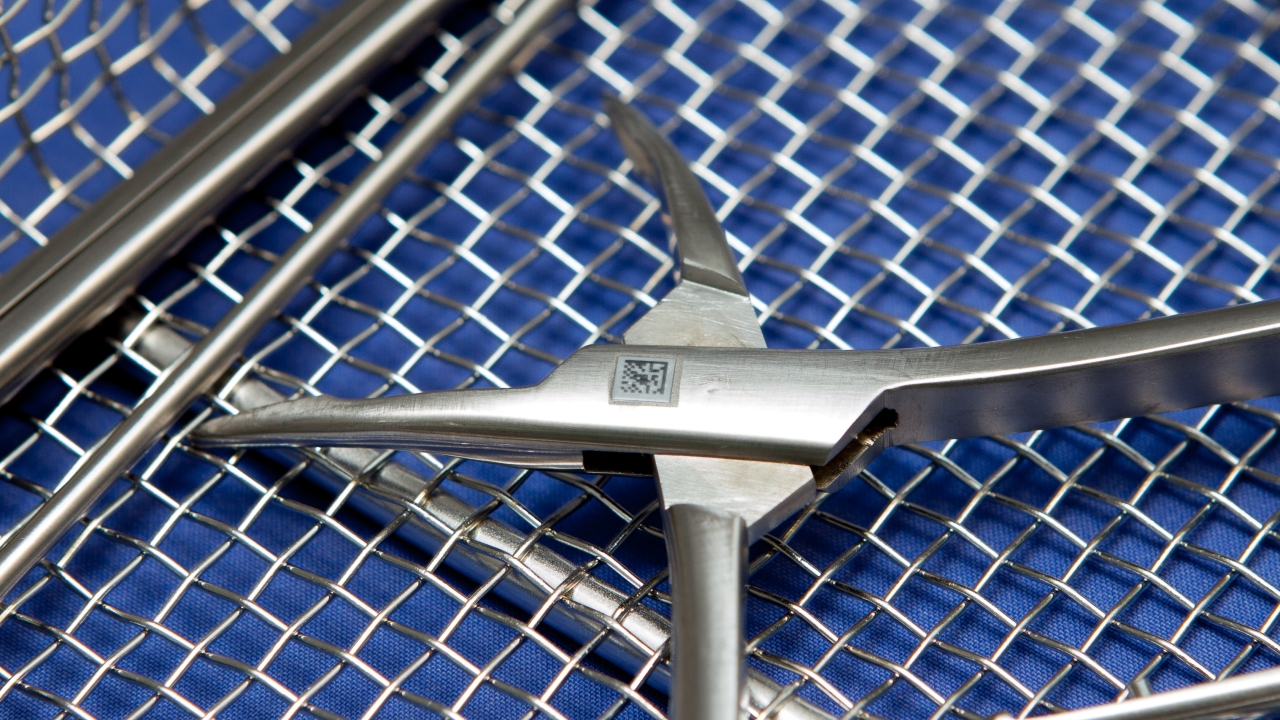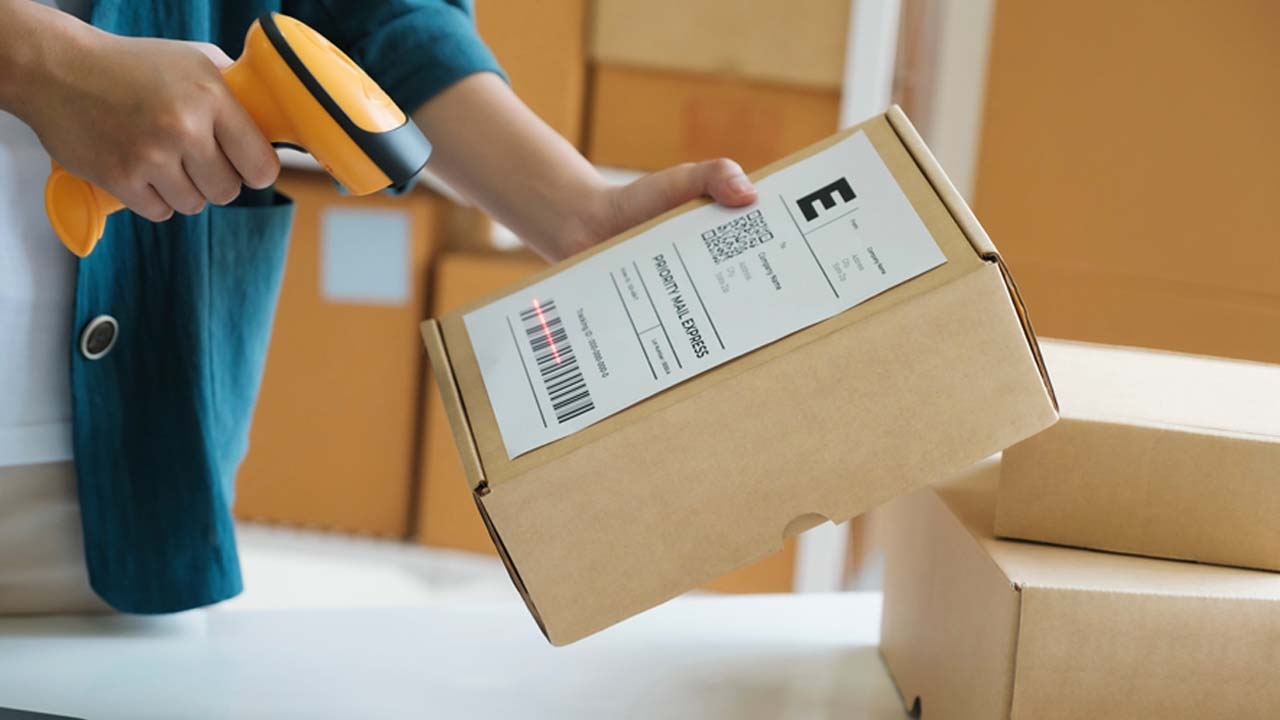S+P Samson develops medical device labels with Solvay film
S+P Samson GmbH based in Kissing, Germany, a provider of specialty labels for industrial applications, has launched its new Structobond labels for medical instrument and device applications with Solvay Specialty Polymers' Radel polyphenylsulfone (PPSU) film for the inlay. Solvay Specialty Polymers is global supplier of high-performance thermoplastics. Sandwiched between layers of S+P Samson advanced epoxy materials, the thin but tough ribbons of Radel PPSU deliver steam and gamma sterilization compatibility, strong chemical resistance and high contrast for imprinted data used for improved

Said Karl Tochtermann, managing director of S+P Samson, 'Our patented, adhesive Structobond labels represent a more durable, cost effective and higher contrast instrument labeling technique than conventional solutions, such as laser marking, engraving or etching. The technology is currently being tested in the European market, and so far the reaction has been extremely positive among instrument manufacturers and end-users alike.'
S+P Samson developed these medical device labels to address the industry’s growing need for improved identification and management of surgical instruments in the operating environment. The U.S. Food & Drug Administration (FDA), for example, is proposing new regulations that will require hospitals to institute more stringent tracking and identification systems over the next two years. In addition to offering an economical solution, S+P Samson’s durable labels enable broader options for more detailed and higher contrast images and data.
To create the labels, the 25-µm-thick Solvay Radel PPSU film is first marked with a dot matrix code, color or other data through a high-contrast, digital thermal transfer printing process. S+P Samson then encapsulates the PPSU film between two layers of its Structobond epoxy resin system, which S+P Samson developed in partnership with Germany-based Lohmann GmbH. The bottom layer forms a strong bond between any type of media, including metal, PPSU and coated surfaces. The 5mm by 5mm (0.2in by 0.2in) PPSU film is then laminated with a top layer of the Structobond epoxy. After the curing process the top layer protects the printed data.
Radel PPSU film can withstand repeated chemical disinfection and over 1,000 autoclave steam sterilization cycles while maintaining excellent toughness and impact resistance. Recent tests targeting the polymer’s performance in S+P Samson’s medical application indicate that the three-layer construction withstood more than 700 autoclave cycles with no delamination. The cycles include disinfection using acid and alkaline sterilants, ultrasonic cleaning and temperatures up to 134°C (273°F) at a pressure of 2 bar. Solvay’s high-performance thermoplastic film also provides critical tear propagation performance up to 130 G force.
Said Maria Gallahue, global business development manager for Healthcare at Solvay, 'The broad selection of high-performance polymer films in Solvay’s Ajedium Films product family offered a wide range of widths and tolerance control to help S+P Samson quickly find the optimal solution for its innovative new medical labels. This application is emblematic of how Solvay’s materials and collaborative expertise help customers develop differentiated new solutions for emerging applications and compete more effectively in their target market.'
Stay up to date
Subscribe to the free Label News newsletter and receive the latest content every week. We'll never share your email address.

